Vegetable Garden Soil - What's The Best Soil For Growing Vegetables?
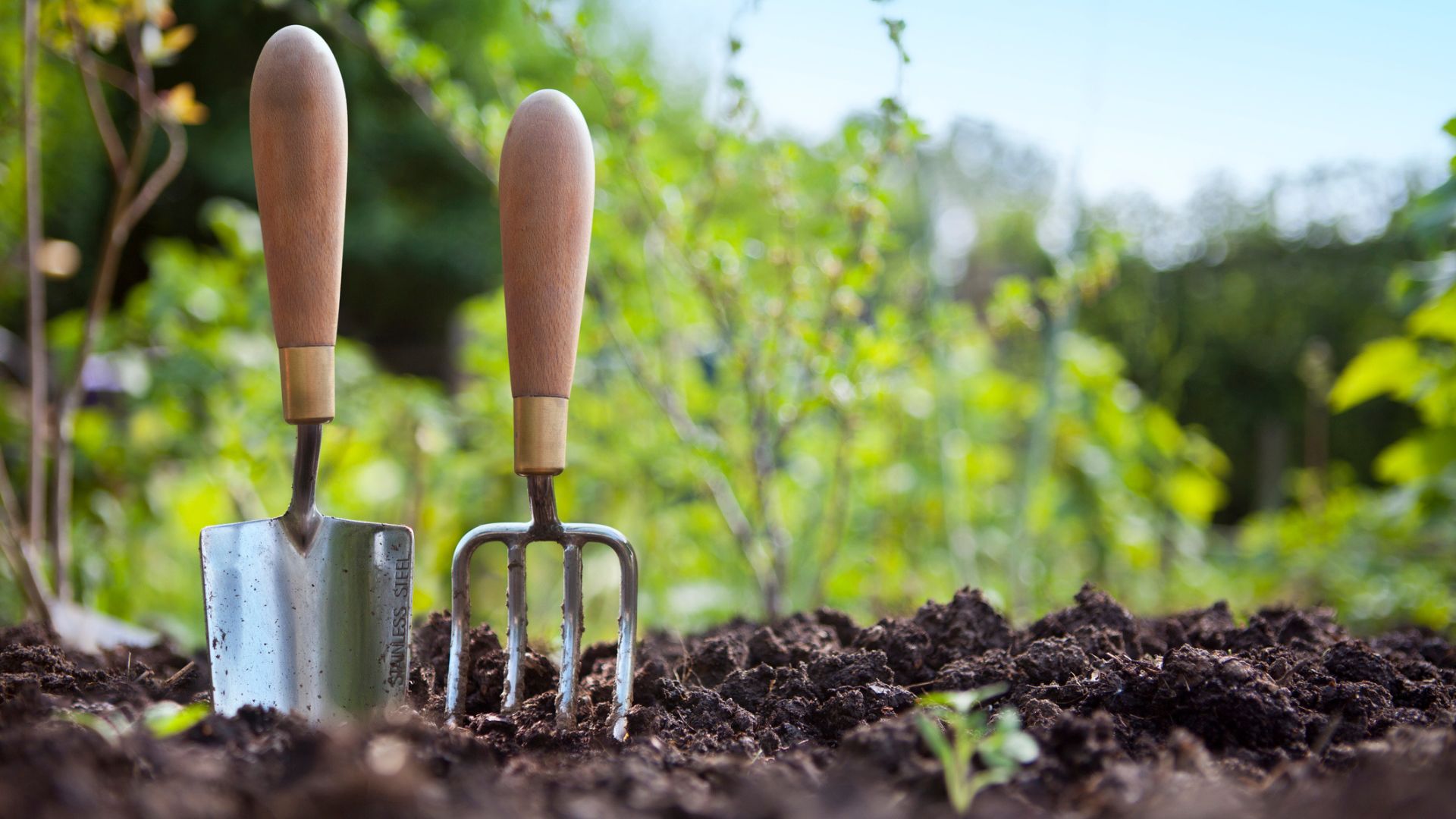

If you are starting a vegetable garden, or even if you have an established vegetable garden, you may wonder what is the best soil for growing vegetables. Things like the right amendments and the right soil pH for vegetables can help your vegetable garden grow better. Keep reading to learn more about soil preparation for the vegetable garden.
Soil Preparation for a Vegetable Garden
Some soil requirements for vegetable plants are the same, while others differ depending on the type of vegetable. In this article we will only focus on the general soil requirements for vegetable gardens. In general, vegetable garden soil should be well draining and loose. It should not be too heavy (i.e. clay soil) or too sandy.
General Soil Requirements for Vegetables
We recommend before preparing soil for vegetables that you have your soil tested at your local extension service to see if there is something your soil is lacking in from the lists below.
Organic material - All vegetables need a healthy amount of organic material in the soil they grow in. Organic material serves many purposes. Most importantly, it provides many of the nutrients that plants need to grow and thrive.
Secondly, organic material “softens” soil and makes it so that the roots can more easily spread through the soil. Organic material also acts like small sponges in the soil and allows the soil in your vegetable to retain water. Organic material can come from either a compost or well rotted manure, or even a combination of both.
Nitrogen, Phosphorus and Potassium - When it comes to soil preparation for vegetable garden, these three nutrients are the basic nutrients that all plants need. They are also known together as N-P-K and are the numbers you see on a bag of fertilizer (e.g. 10-10-10). While organic material does provide these nutrients, you may have to adjust them individually depending on your individual soil. This can be done with chemical fertilizers or organically.
- To add nitrogen, either use a chemical fertilizer with a higher first number (e.g. 10-2-2) or an organic amendment like manure or nitrogen fixing plants.
- To add phosphorus, use either a chemical fertilizer with a high second number (e.g. 2-10-2) or an organic amendment like bone meal or rock phosphate.
- To add potassium, use a chemical fertilizer that has a high last number (e.g. 2-2-10) or an organic amendment like potash, wood ash or greensand.
Trace nutrients - Vegetables also need a wide variety of trace minerals and nutrients to grow well. These include:
Gardening tips, videos, info and more delivered right to your inbox!
Sign up for the Gardening Know How newsletter today and receive a free copy of our e-book "How to Grow Delicious Tomatoes".
Soil pH for Vegetables
While exact pH requirements for vegetables vary somewhat, in general, the soil in a vegetable garden should fall somewhere be 6 and 7. If your vegetable garden soil tests significantly above that, you will need to lower the pH of the soil. If the soil in your vegetable garden tests significantly lower than 6, you will need to raise the pH of your vegetable garden soil.

Heather Rhoades founded Gardening Know How in 2007. She holds degrees from Cleveland State University and Northern Kentucky University. She is an avid gardener with a passion for community, and is a recipient of the Master Gardeners of Ohio Lifetime Achievement Award.
-
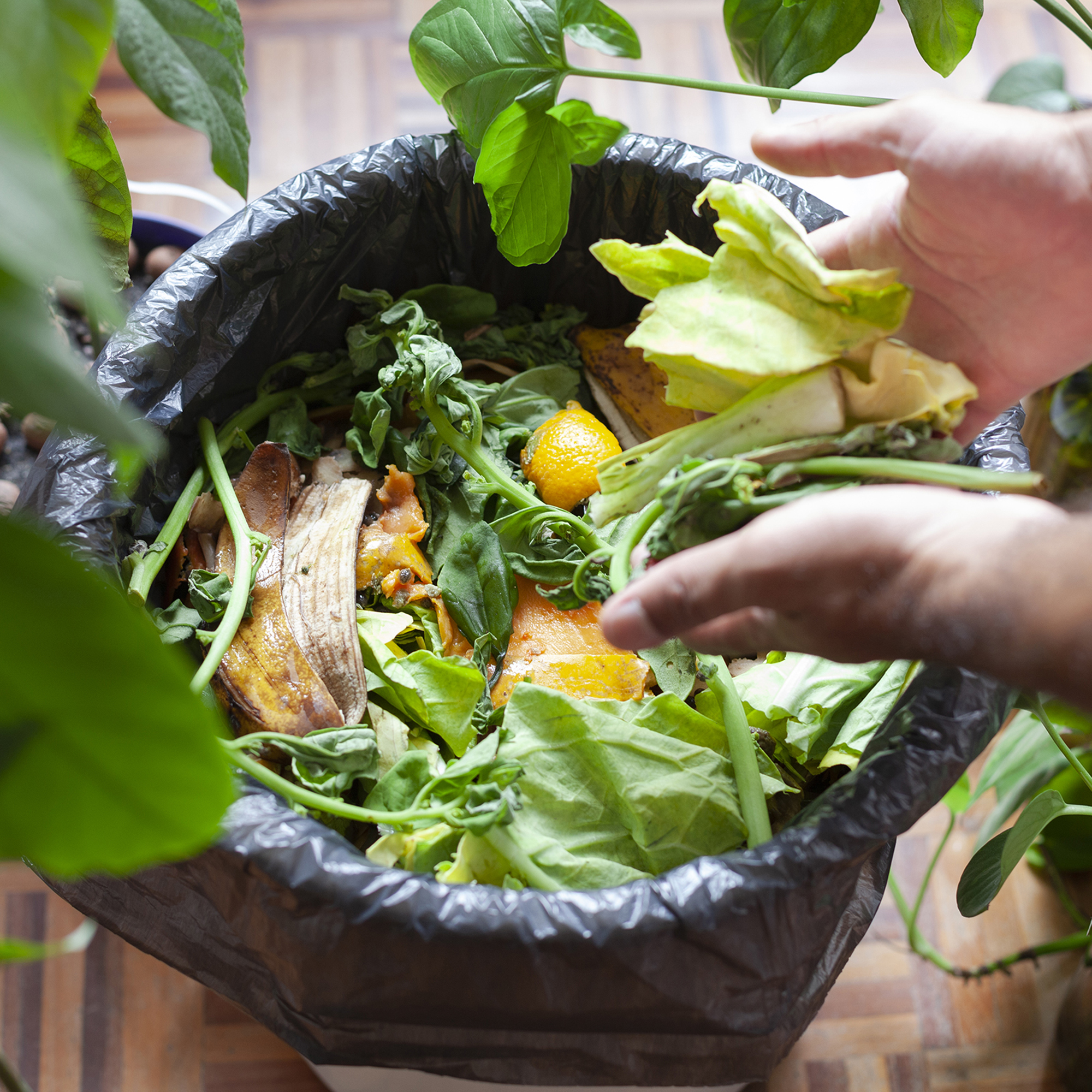 4 Superfast Composting Methods: Turn Waste Into Garden Gold In 30 Days Or Less
4 Superfast Composting Methods: Turn Waste Into Garden Gold In 30 Days Or LessTry the fastest composting methods to turbocharge your pile and transform kitchen scraps and garden waste into finished compost in just a few weeks.
By Mary Ellen Ellis
-
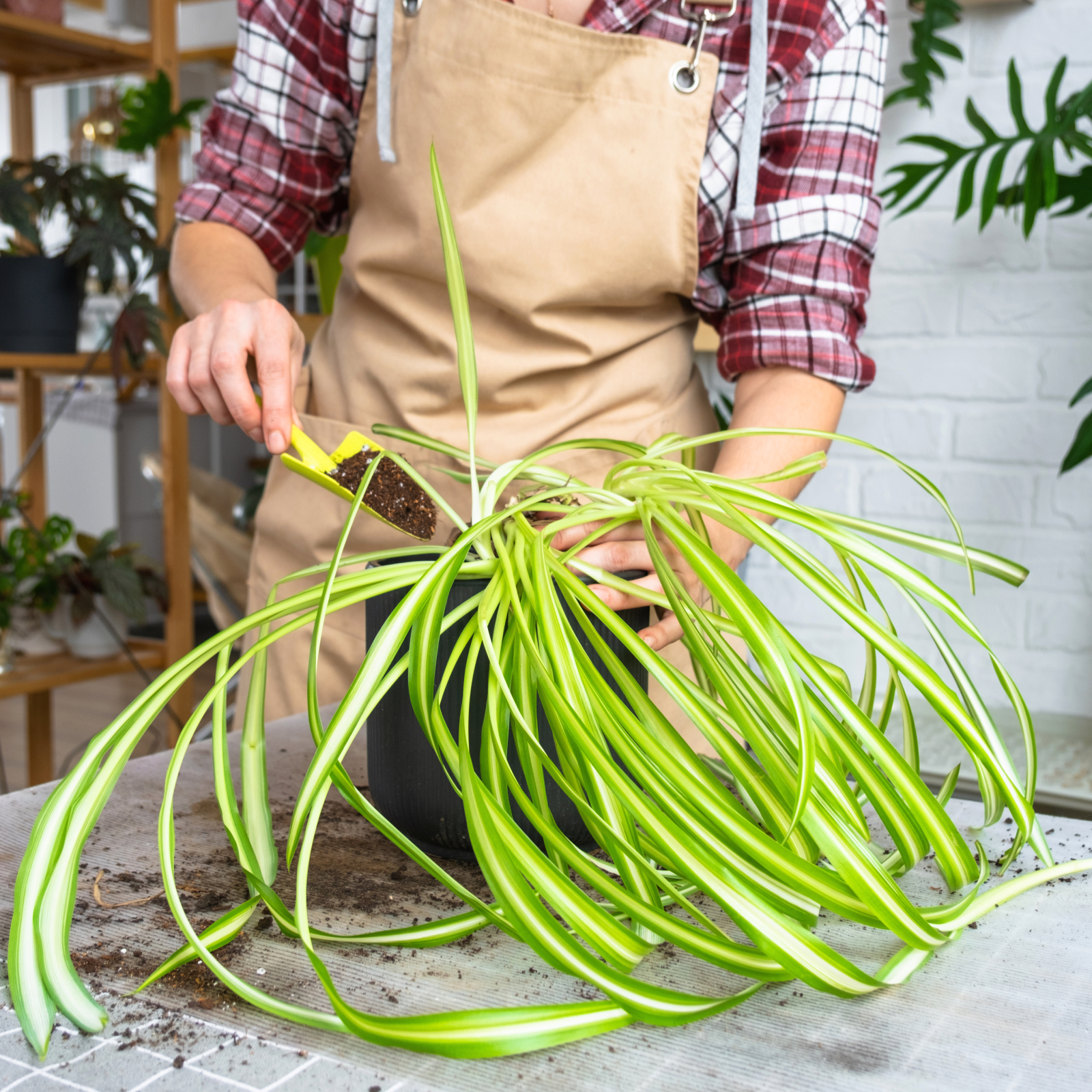 Best Spider Plant Soil – Complete Soil Guide And Expert Tips For Keeping Plants Happy
Best Spider Plant Soil – Complete Soil Guide And Expert Tips For Keeping Plants HappySpider plants are fun and easy plants to grow, but what is the best soil for a spider plant? Selecting the right soil is important so they can thrive.
By Bonnie L. Grant
-
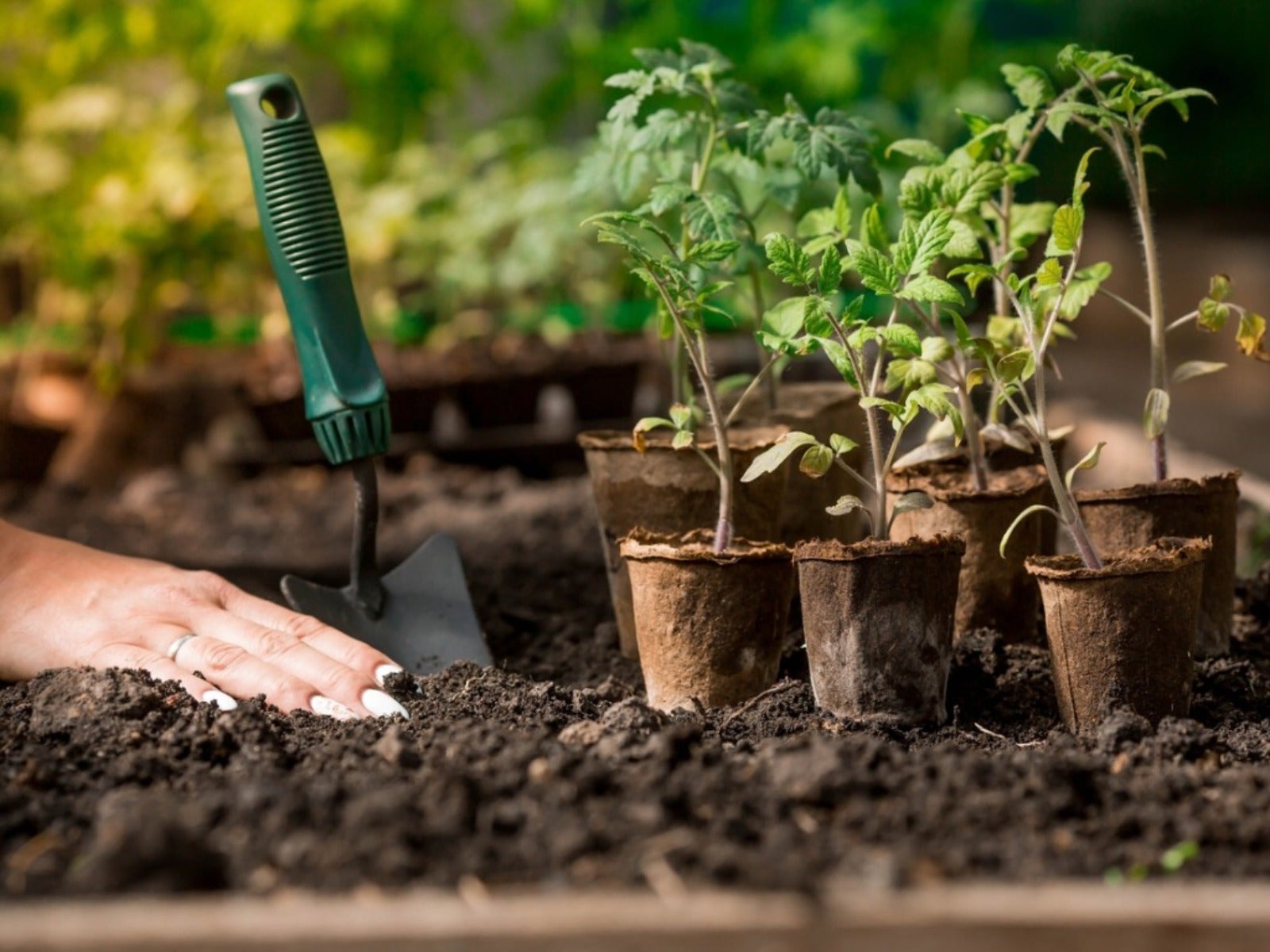 How Many Vegetables To Plant Per Person For A Year
How Many Vegetables To Plant Per Person For A YearGauging how much to plant in a vegetable garden can eliminate waste while still producing enough for your family. Click for more.
By Bonnie L. Grant
-
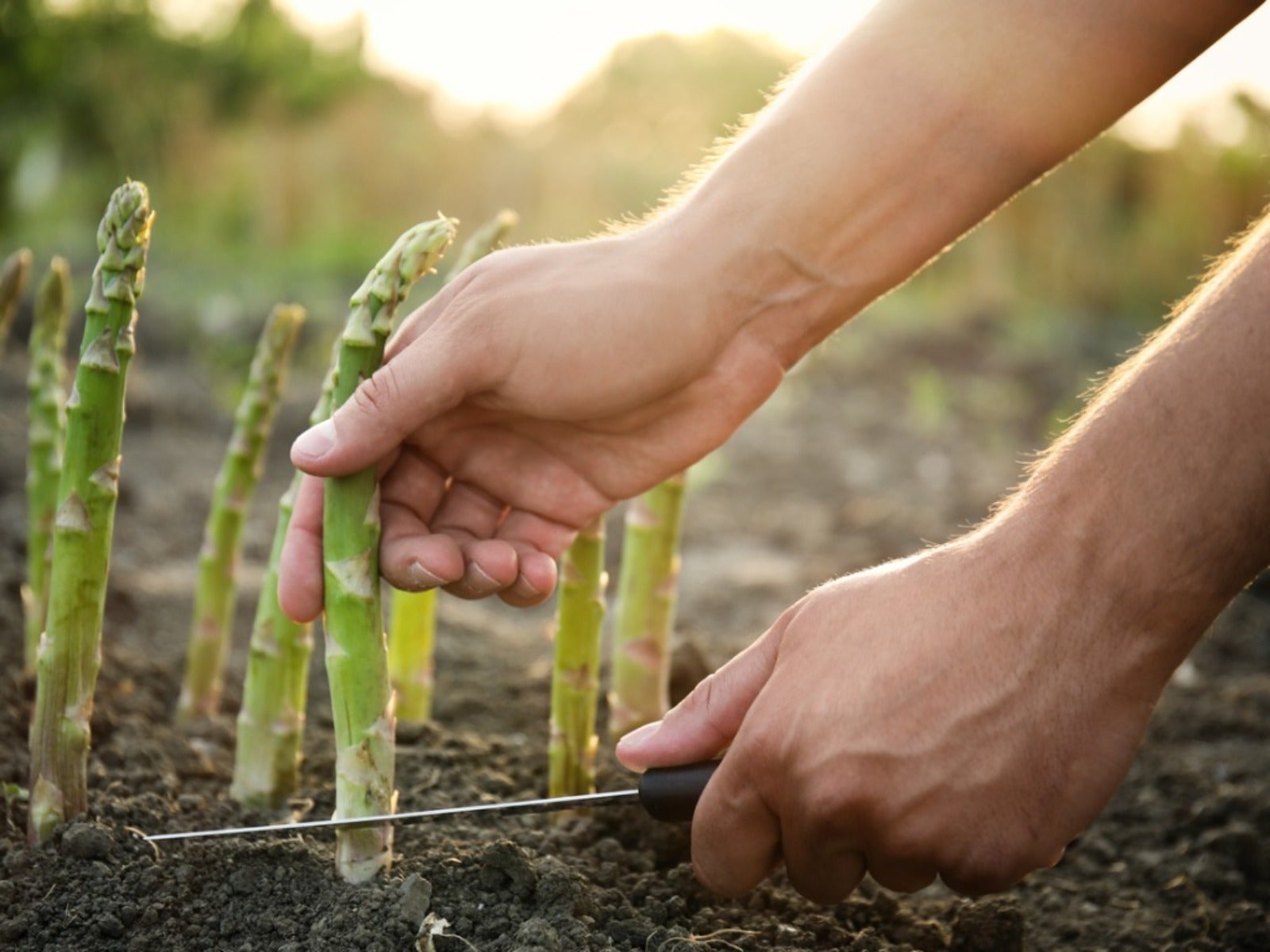 13 Perennial Fruits And Vegetables You Only Have To Plant Once
13 Perennial Fruits And Vegetables You Only Have To Plant OnceLooking to set it and forget it? Find out which fruits and vegetables can be grown as perennials.
By Laura Miller
-
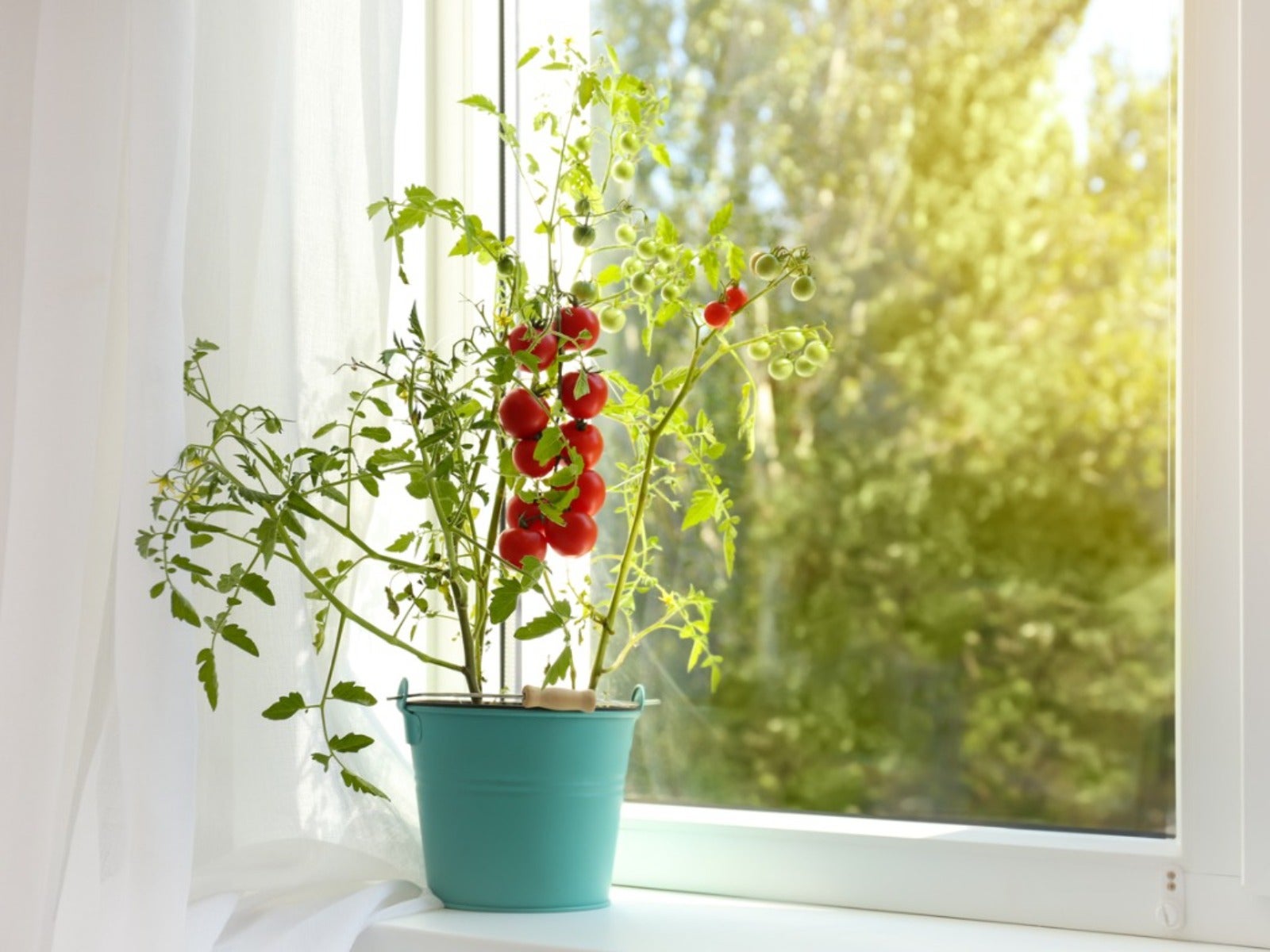 11 Edible Plants For A Year-Round Garden In A Bucket
11 Edible Plants For A Year-Round Garden In A BucketWant to know how to grow food inside your house and which foods do best indoors? Click here to learn all about it.
By Bonnie L. Grant
-
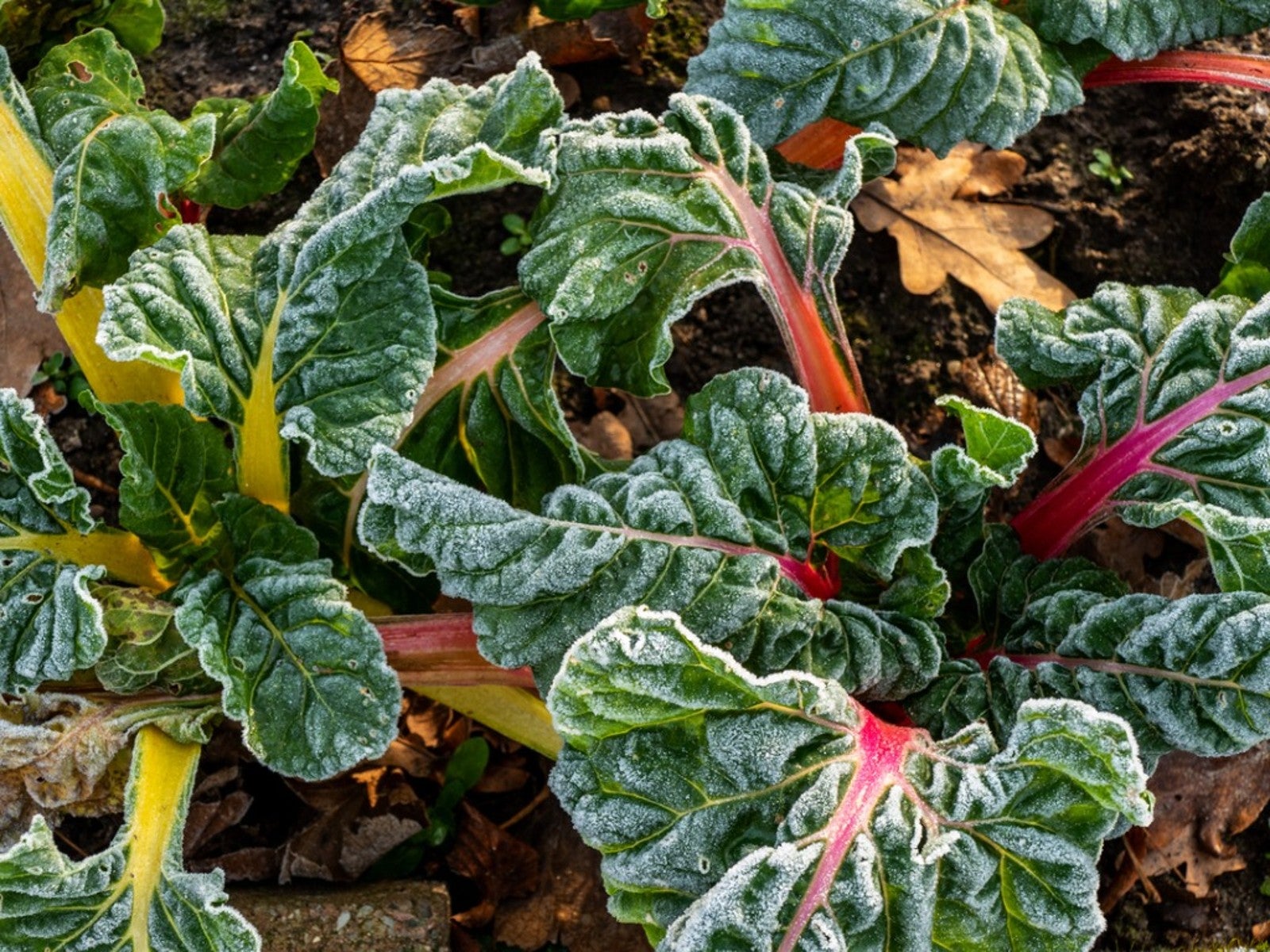 Frost Tolerance Of Vegetables From Least To Most Hardy
Frost Tolerance Of Vegetables From Least To Most HardyHow cold can vegetables tolerate? Knowing which veggies will survive frosts and freezes is essential for the success of your garden. Click here for more.
By Laura Miller
-
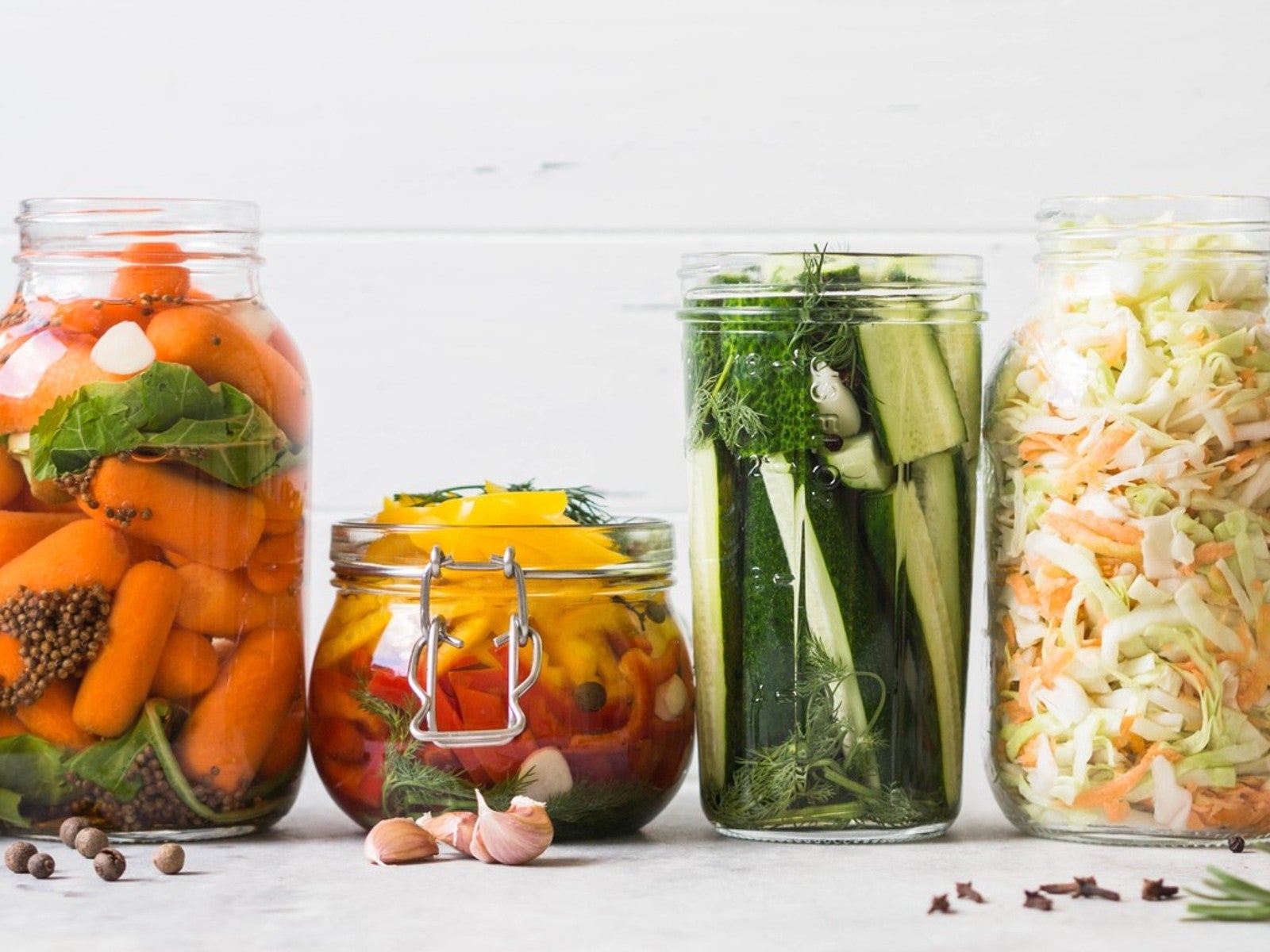 Best Vegetables To Pickle Straight From The Garden
Best Vegetables To Pickle Straight From The GardenPickles aren’t limited to just cucumbers. Read on for tips on pickling your fresh veggies.
By Amy Grant
-
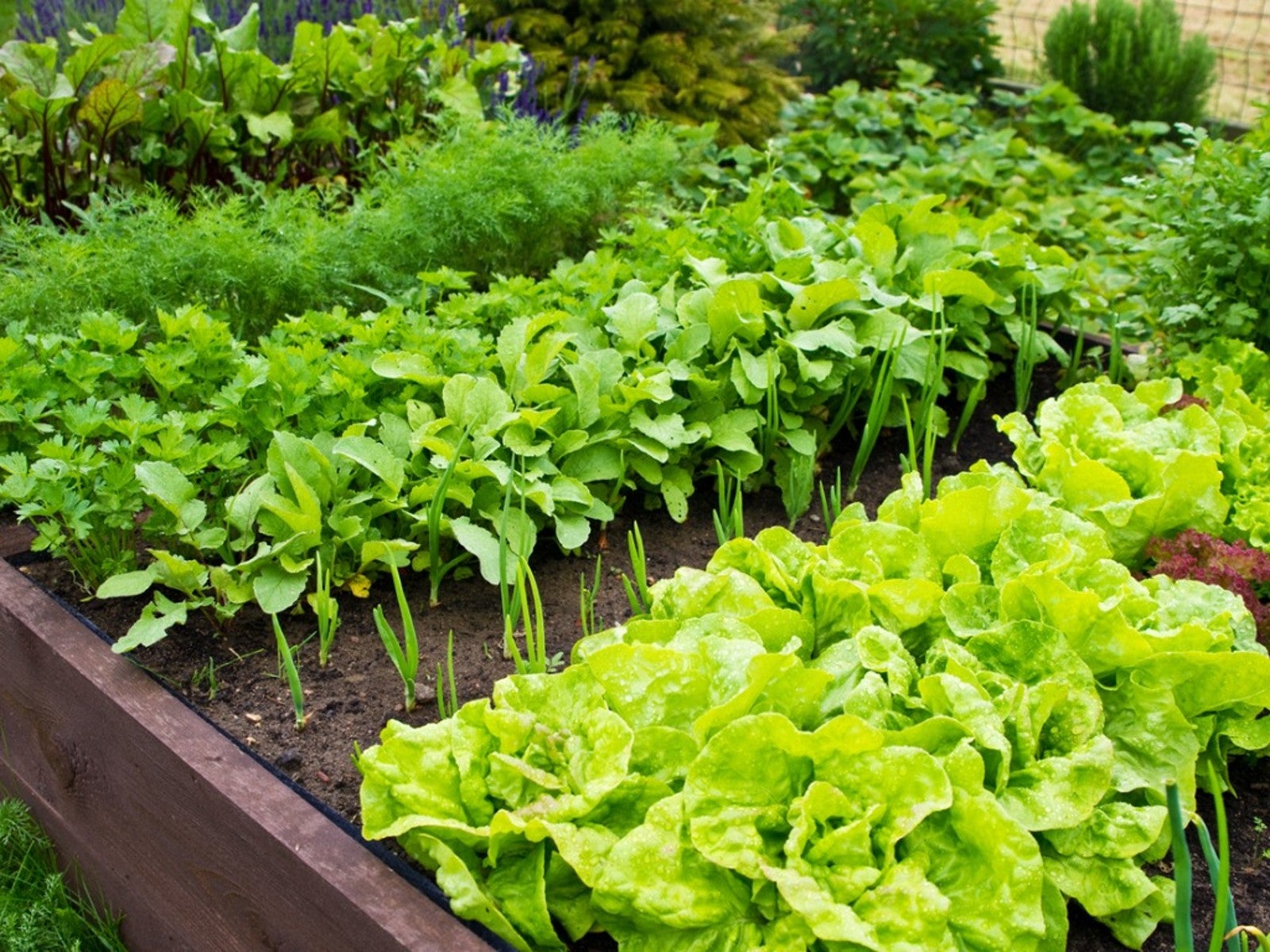 Benefits Of Planting In Fall Vs. Spring Vegetable Plots
Benefits Of Planting In Fall Vs. Spring Vegetable PlotsLearn why some vegetables do better if you plant them in fall instead of spring.
By Laura Miller
-
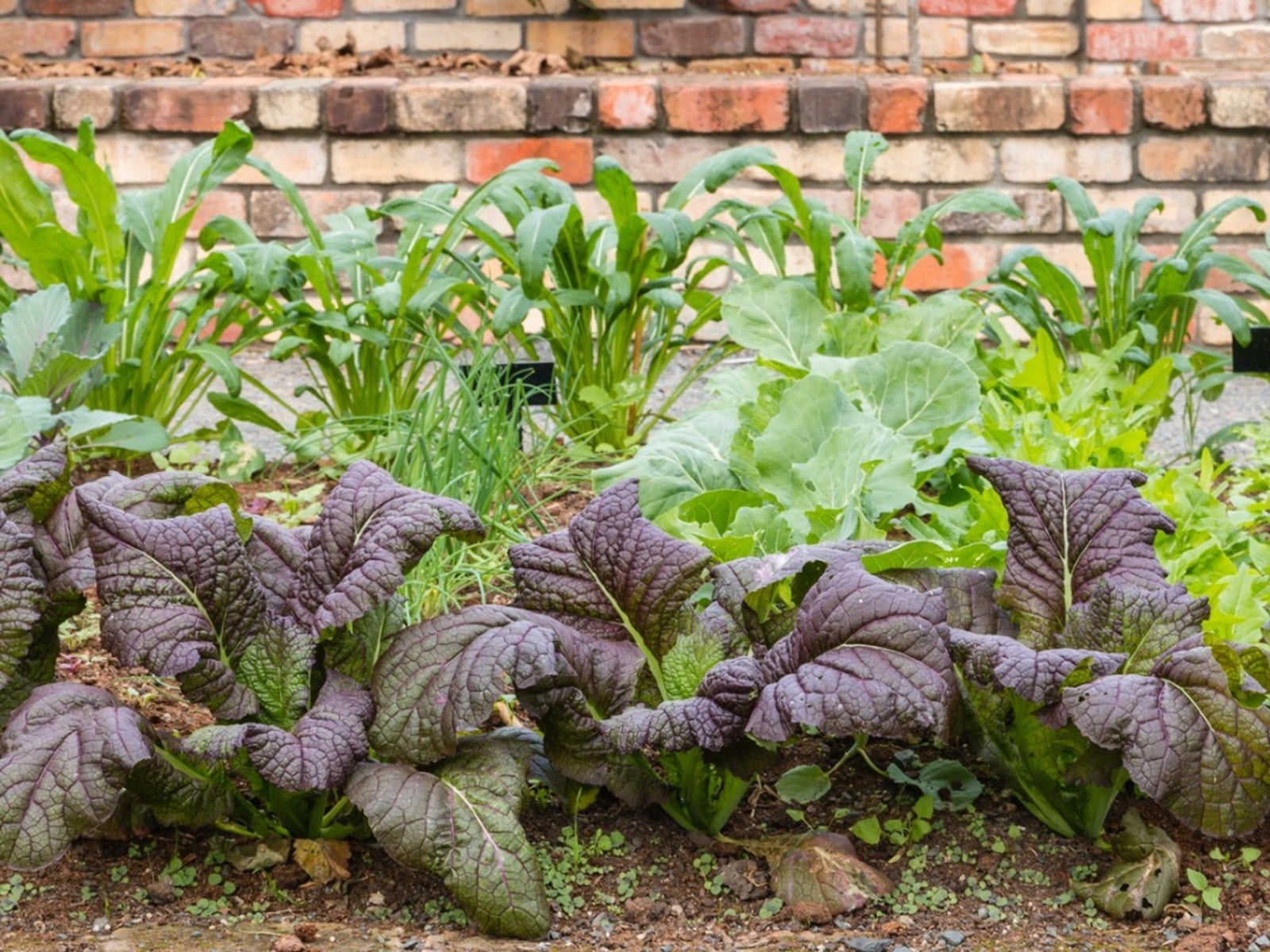 Interplanting Vegetables In The Fall Garden
Interplanting Vegetables In The Fall GardenLearn all about the benefits of interplanting vegetables for your fall garden.
By Laura Miller
-
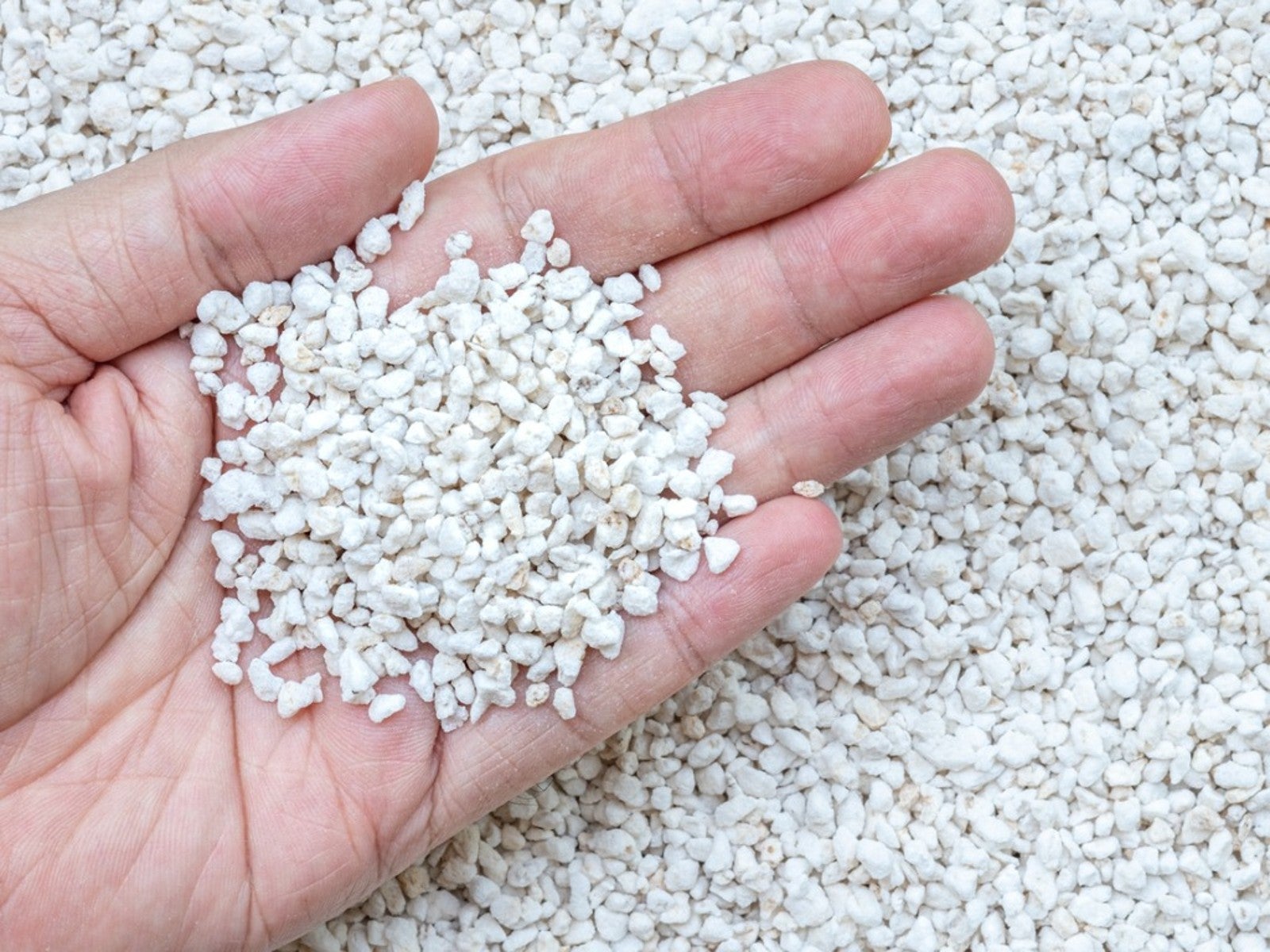 Best Vegetables For Growing In Perlite
Best Vegetables For Growing In PerlitePerlite is a natural growing medium that comes from super-heated volcanic glass. In some cases, it works better than soil. Read on for more info.
By Laura Miller